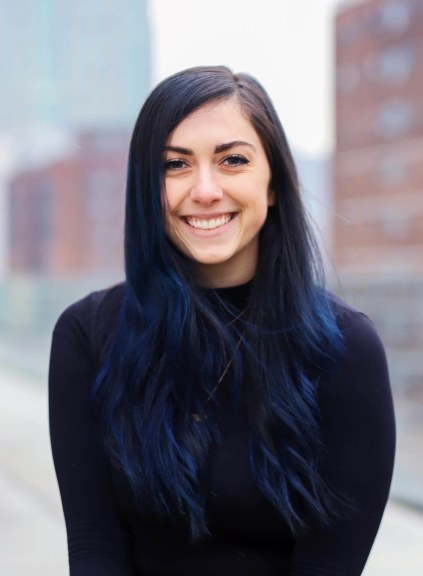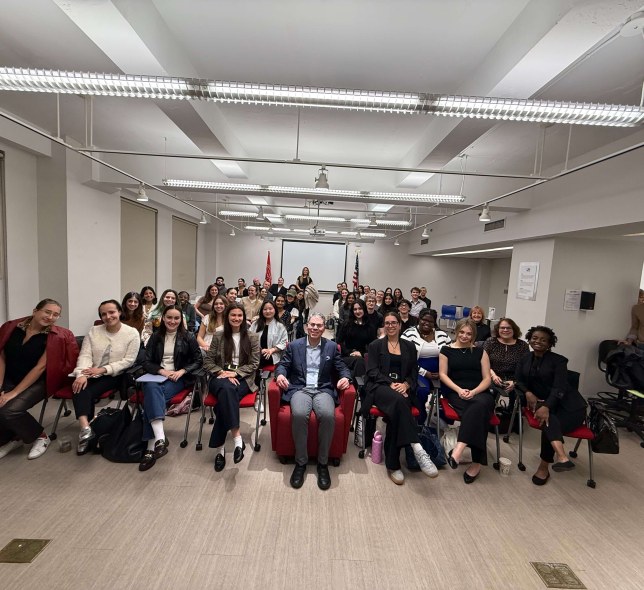Christine Flammia teaches the course Advanced New Media, which is part of LIM’s online Fashion Media program. Working for magazines such as Men's Health and Esquire, Flammia uses her own professional experience to help students understand what it is like to work in the ever-changing field of digital media.
What is your professional background?
I majored in Journalism at the University of Florida where I interned with magazines during the summers and a little bit during the semesters. My first job out of college was at Men's Health as an assistant style editor and then I eventually left to go to Esquire where I covered news and feature stories.
I'm currently a Ph.D. candidate at Columbia University studying journalism and I freelance on the side for Esquire, Footwear News, and Women’s Wear Daily. I’m trying to keep one foot in media while also studying it as an academic.
Please tell us about your approach to teaching the Advanced New Media course.
I really try to emphasize storytelling. I keep it as up to date as possible with new media trends while teaching the class through an “old journalism” view. I want to be able to make sure that everything my students learn are things they can take from one medium to another.
A lot of the activities and homework assignments incorporate multimedia, whether that's working on a podcast or editing a TikTok. I try to take things students are doing or watching on the internet already and think about it through a more critical lens for something they can do professionally.
What is it like to teach and learn Fashion Media course material in an online format?
I've been a student in both online classes and in-person classes, so I try to be mindful of what I wished my own professors had done. That includes finding new ways for students to work together and engage with the content as they would if it was an in-person class.
How do you apply your professional experience in your classroom?
I want to demystify what it means to work on the internet. This means making sure that what you see or what you’ve been exposed to on the internet is not limited to just the algorithms you’ve been shown, which takes more active work. What I have done while working and what I urge my students to do is use tools like Google Analytics to see what people are searching for, not just they might be seeing on their own screens.
What are the most important skills for your students to develop?
I think clarity is big, so, for example, I'm very strict about nut graphs, the paragraph that sums up the main points of the story. Being able to say what you're trying to say in one sentence is one of the most important things I want my students to take away from the course. The other is the ability to place a critical lens on media and the world overall. This goes back to the idea of “Is this trending because it is actually trending in the world, or because of an algorithm made for me?”
What is your outlook on career paths and possibilities for Fashion Media majors?
I think there's a lot they can do. When I came into journalism, everyone thought it was dying. That's not going to happen. There are opportunities to work in whatever kind of format you want in a way that uses that kind of content and maybe has a fashion element to it as well. The ability to be creative and strategic is not going away. I think it is just a matter of feeling comfortable switching between fields under the umbrella of Fashion Media. Maybe that means going to a company that you didn't previously recognize or going into advertising or marketing.



